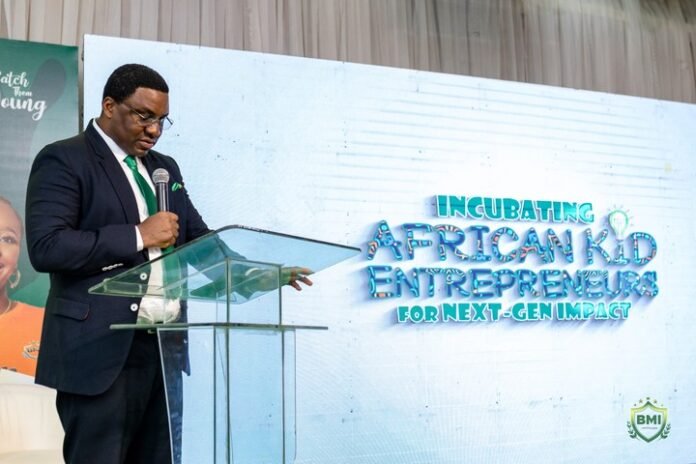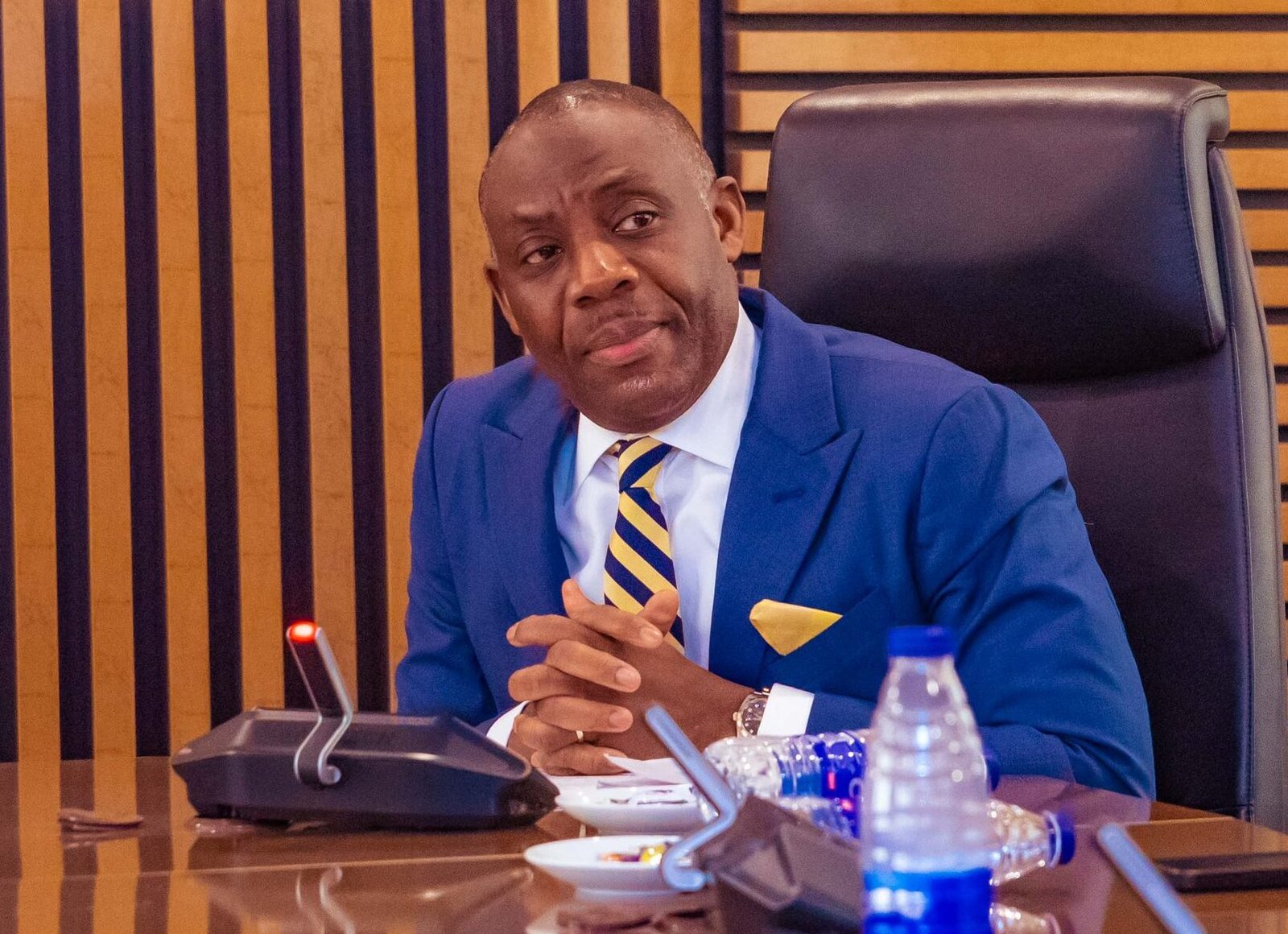Nigeria’s ongoing effort to reform its basic and senior secondary education system has gained new momentum, as BMI Finishing School, an education-focused NGO, prepares to unveil a comprehensive suite of tools to support the effective rollout of the revised national curriculum.
The unveiling, scheduled for October 22, 2025, at the National Merit House, Maitama, Abuja, marks a critical step toward ensuring that the curriculum reform—spearheaded by the Nigerian Educational Research and Development Council (NERDC)—translates from policy to classroom impact.
BMI Finishing School, which has been deeply involved in education innovation and skills development, says its new resources will help bridge the gap between curriculum design and classroom delivery, especially in areas that connect young learners to modern trade and digital skills.
“As part of our ongoing commitment, we have developed a range of tools to support the implementation of the new curriculum for trade subjects and business studies (entrepreneurship),” said Dr. Nnamdi Unachukwu, speaking on behalf of BMI in a statement on Saturday.
The organization’s initiative reflects a growing recognition that Nigeria’s economic transformation depends not only on literacy but on practical competencies that prepare students for employability, creativity, and self-reliance.
NERDC-Approved Materials and Digital Tools Set for Launch
Among the tools to be unveiled are NERDC-approved textbooks and workbooks for Primary 4–6 and Junior Secondary School (JSS) 1–3, digital lab solutions, and training guides for teachers and facilitators.
BMI will also introduce a Learning Management System (LMS) designed to make teaching trade and entrepreneurship subjects easier and more interactive.
The LMS will be complemented by a Digital Skill Connect Platform, offering hands-on training on emerging vocational skills—from fashion and food processing to robotics and coding.
The organization says the goal is to ensure that Nigerian children are not left behind in the race for digital transformation.
“We want to make sure that the new curriculum does not remain theoretical,” said Unachukwu. “Our resources will help teachers engage students in real-world problem-solving.”
The initiative echoes calls by education experts for stronger private-sector participation in Nigeria’s curriculum implementation framework, which has often been bogged down by funding and training constraints.
Stakeholders Set to Engage on Future of Education
The event will bring together educators, policymakers, entrepreneurs, and private sector players, creating a national conversation around the role of trade subjects and digital technology in shaping the future of Nigeria’s workforce.
Officials from the Federal Ministry of Education, NERDC, and various state education boards are expected to attend, alongside representatives of development partners and NGOs.
According to BMI, the sensitization will help the public understand why the revised curriculum matters and how it can foster a generation of job creators rather than job seekers. “Education must move from rote learning to real learning,” the group added.
The launch is also expected to serve as a case study for how non-governmental organizations can contribute meaningfully to national policy implementation through innovation and collaboration.
Rate, Like 👍, Comment 💬, Share this article, Follow us on our social media handles, and Submit your own story to get featured and earn rewards!







